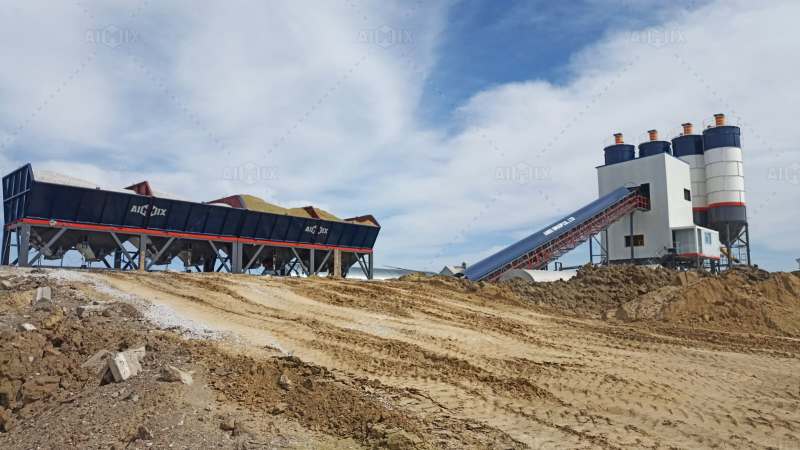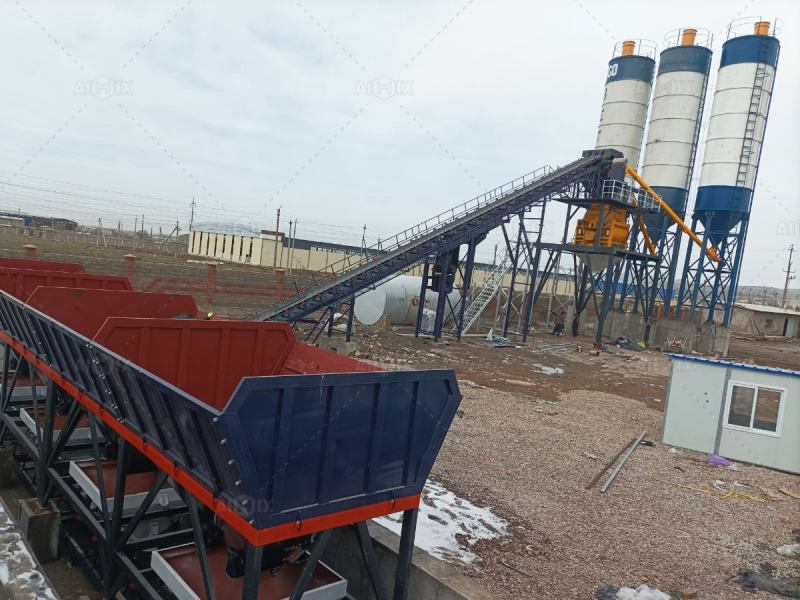The market for ready mix plants for sale has grown rapidly as demand for high-quality concrete continues to rise across infrastructure, real estate, and industrial projects. However, the growth and investment opportunities in this sector are closely tied to regulations. Governments around the world enforce strict rules regarding construction standards, environmental protection, and workplace safety. For investors, builders, and manufacturers, understanding how these regulations affect the setup, operation, and profitability of a concrete mixer batching plant is crucial.

Regulations serve as both a guide and a barrier. On one hand, they ensure product quality, safety, and environmental responsibility. On the other, they may add to compliance costs, licensing procedures, and operational overheads. This directly impacts the availability, pricing, and adoption of ready mix plants for sale in different markets.
Key areas of regulation influencing the industry include:
Environmental sustainability is a growing global priority, and ready mix concrete production is no exception. Governments now enforce strict rules on emissions, dust control, and wastewater disposal from batching operations.
For example, many countries require concrete mixer batching plants to install:
These additional systems increase the initial cost of a plant. As a result, buyers looking for ready mix plants for sale must consider not just the base machinery price but also the cost of compliance with local environmental laws. At the same time, compliance opens the door to government incentives, approvals, and long-term acceptance in the market.
Ready mix concrete is widely used in critical projects like bridges, highways, and high-rise buildings, where structural integrity is non-negotiable. Many governments enforce national or international standards, such as:
To meet these standards, a concrete mixer batching plant must be equipped with advanced weighing systems, automated controls, and high-precision mixers. This ensures every batch meets the required strength and durability.
For plant manufacturers, this means designing advanced models that comply with these codes. For buyers, it means higher upfront costs but also higher-quality output that builds trust with customers. Thus, regulations indirectly increase demand for modern, automated ready mix plants for sale.

Operating an RMC plant involves heavy machinery, moving conveyors, silos, and mixer systems. Governments mandate occupational safety regulations to minimize risks of accidents. Requirements often include:
Non-compliance can result in fines, shutdowns, or even revocation of licenses. For investors setting up plants, compliance with safety standards may add to setup costs, but it also prevents costly accidents and ensures smooth operations.
Another critical regulatory factor is zoning. Governments control where an RMC plant can be built. Plants must typically be located away from residential areas due to dust, noise, and heavy vehicle traffic. In some countries, acquiring industrial land for an RMC plant setup is a lengthy and costly process.
These restrictions directly influence the accessibility and pricing of ready mix plants for sale in certain markets. For example, in urban areas with strict zoning laws, mobile batching plants may be preferred because they can be moved close to the construction site without permanent land use commitments.
For investors, the key challenge is balancing regulatory compliance with profitability. While strict rules increase upfront costs, they also push the industry toward better efficiency and sustainability. Plants that comply with regulations are more likely to attract long-term clients, secure government projects, and build a positive reputation.
Working closely with experienced concrete mixer batching plant suppliers can help buyers choose the right model that meets both local regulations and business goals. By doing so, investors not only minimize risks but also position themselves for growth in a competitive market.

Regulations are shaping the future of the ready mix plants for sale market. From environmental laws to quality certifications, compliance has become a decisive factor in plant design, pricing, and adoption. Entrepreneurs looking to invest in this sector must recognize that regulatory readiness is not just a legal requirement—it’s a competitive advantage. By selecting modern, compliant concrete mixer batching plant solutions from reliable manufacturers, businesses can ensure long-term sustainability and success in the booming construction industry.